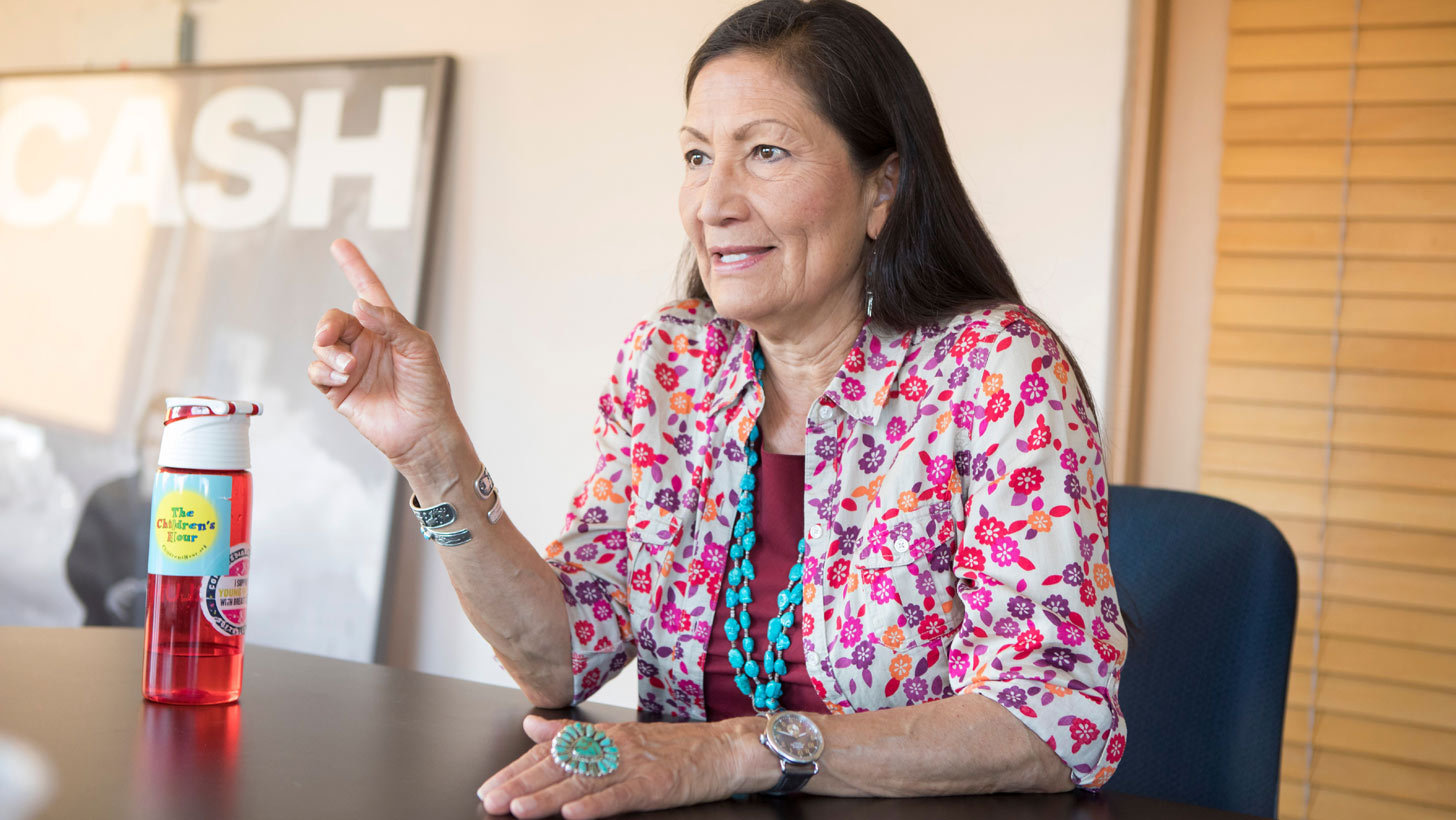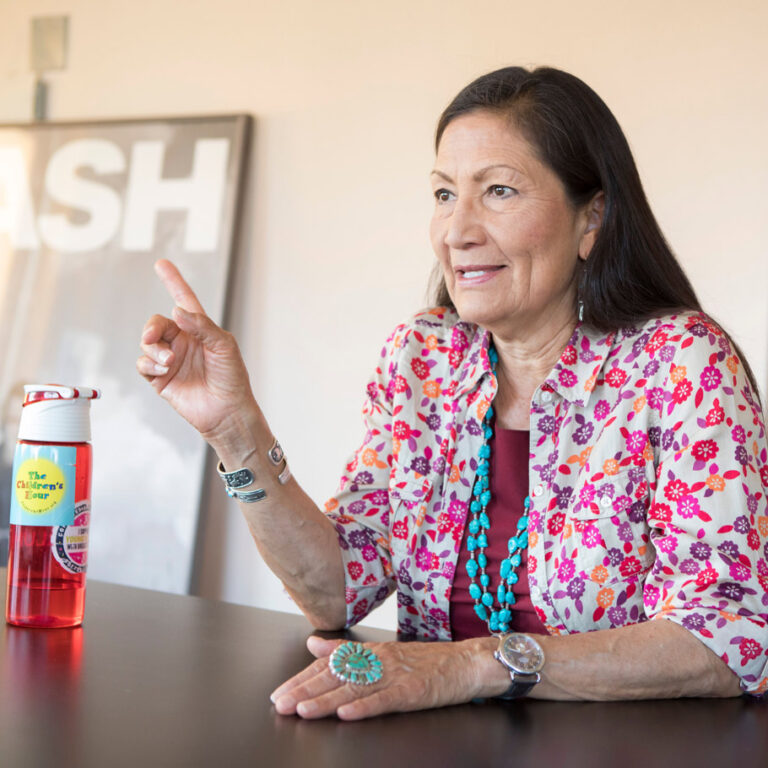A Conversation With Deb Haaland
Us Rep Visits Weekly Alibi For A Chat


Representative Deb Haaland
Eric Williams Photography
Latest Article|September 3, 2020|Free
::Making Grown Men Cry Since 1992


Representative Deb Haaland
Eric Williams Photography

